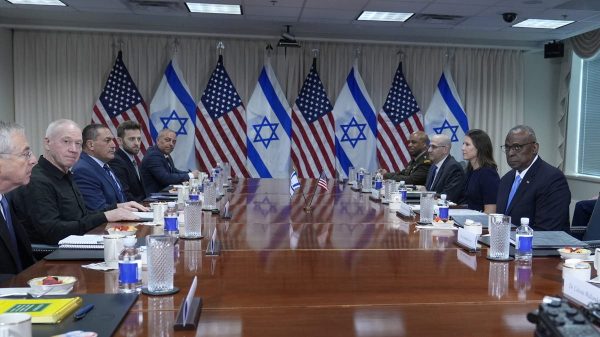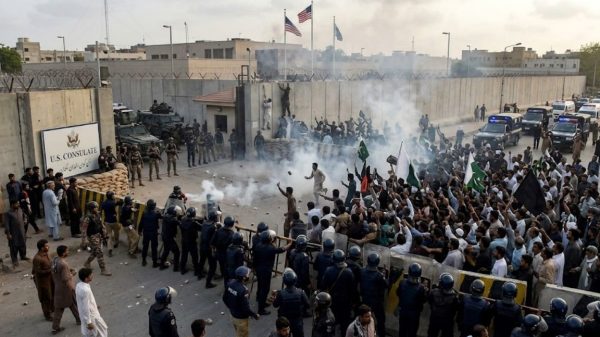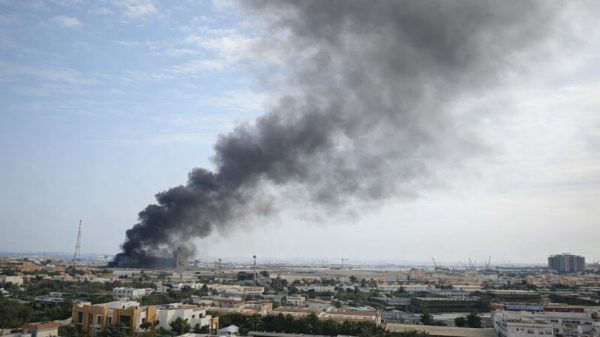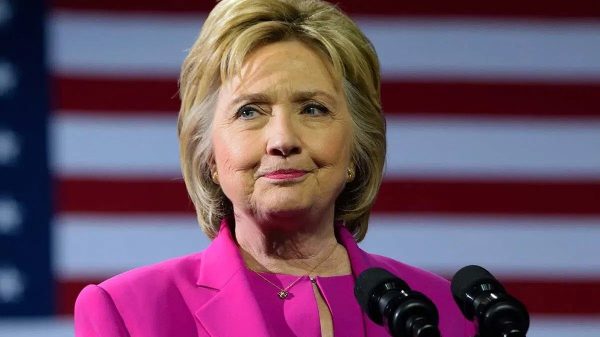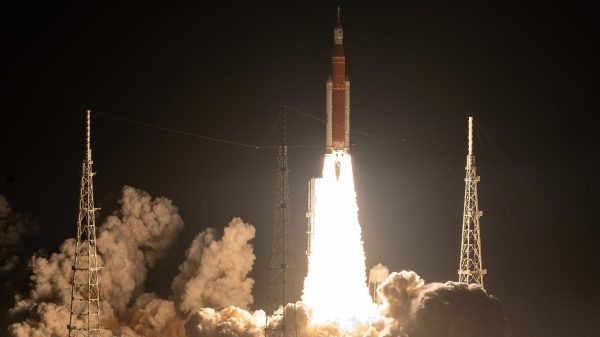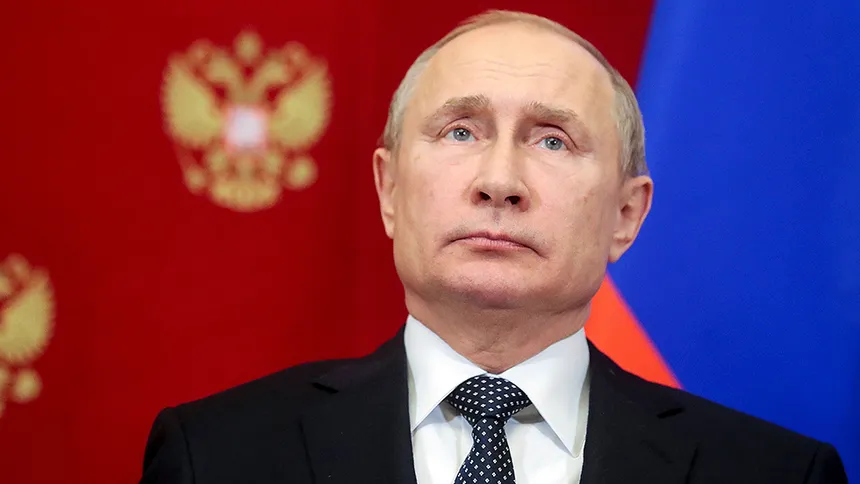Russian President Vladimir Putin has announced plans to visit China in October, coinciding with a “One Belt, One Road” forum, according to his foreign policy adviser, Yuri Ushakov. The trip is part of a broader effort by Moscow to strengthen its ties with Beijing, as the two countries continue to deepen their strategic partnership. The “One Belt, One Road” initiative is a key component of China’s Belt and Road Initiative, which aims to connect Asia with European and African countries through a network of infrastructure projects.
Putin’s visit to China comes at a time when relations between the two countries are at an all-time high. Beijing has been a key player in Putin’s bid to reshape the global order, and has consistently defended Moscow’s actions in Ukraine. In return, Putin has been a vocal supporter of China’s territorial claims in the South China Sea. The two leaders have met on several occasions in recent years, including a visit by Chinese President Xi Jinping to Moscow in July.
In addition to his visit to China, Putin also plans to travel to Turkey, where he will meet with Turkish President Recep Tayyip Erdogan. The two leaders have a close personal relationship, and Ankara has been a key player in Moscow’s efforts to counter Western influence in the region. Putin’s visit to Turkey is expected to focus on issues such as energy cooperation and counter-terrorism.
Meanwhile, the Kremlin has received an invitation for Putin to participate in a Group of 20 summit in India in September, although the format of his participation remains unclear. India is a key partner for both Russia and China, and the G20 summit is likely to focus on issues such as economic cooperation and global governance.
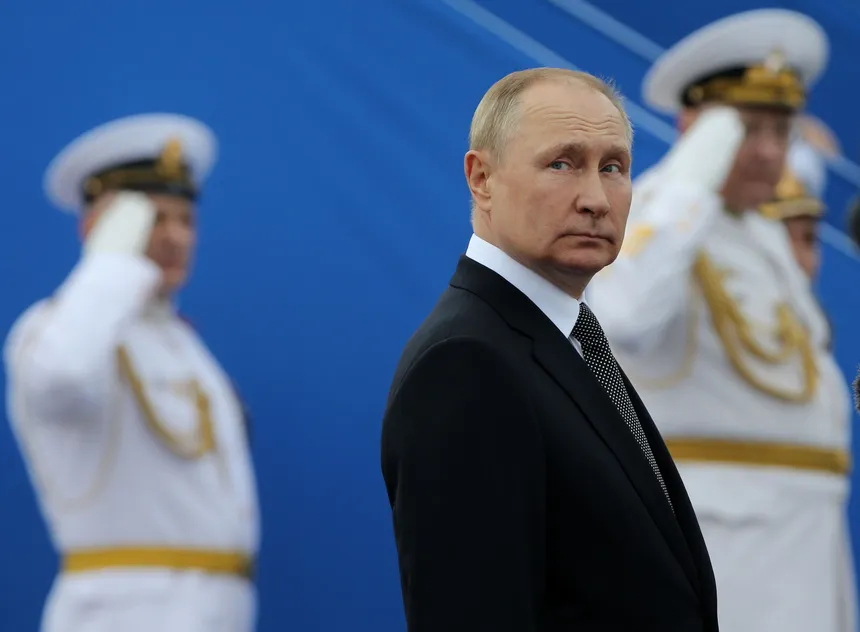
Vladimir Putin (Via Vladimir Putin/Twitter)
Putin’s travel plans are significant not only for their bilateral implications, but also for their global repercussions. The Russian leader’s absence from the South African economic summit due to an arrest warrant issued by the International Criminal Court highlights the growing tensions between Moscow and the West. The ICC has accused Putin of personal responsibility for the abductions of children from Ukraine, and Moscow has refused to recognize the court’s jurisdiction.
China, Turkey, and India, which are not signatories to the Rome Statute, are more likely to welcome Putin with open arms. Indeed, Beijing has sought to project itself as a neutral player in the Ukraine conflict, despite its close ties to Moscow. The Chinese government has denounced Western sanctions against Russia and accused Nato and the US of provoking Putin’s military action.
As tensions between Moscow and the West continue to escalate, Putin’s travel plans may have significant implications for global politics. The Russian leader’s visits to China, Turkey, and India are likely to reinforce the notion that the BRICS bloc is a key player in the global economy, and that Moscow is seeking to build new alliances to undermine Western influence.

